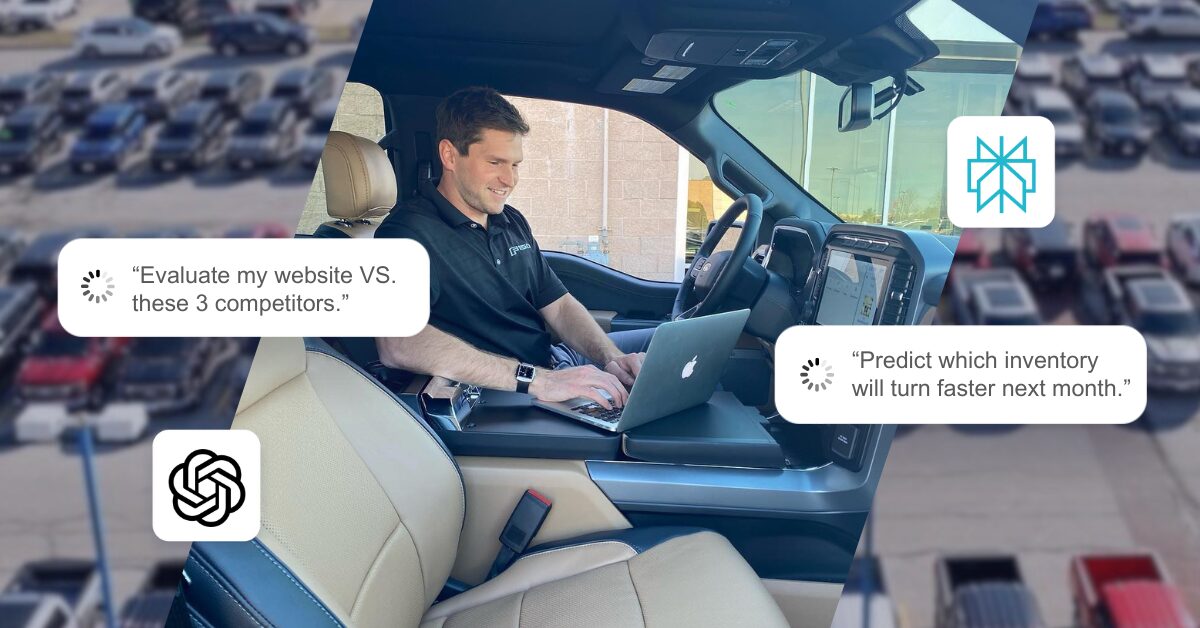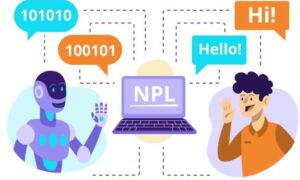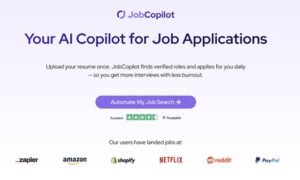Are you ready to transform your marketing strategy with technology that adapts and learns fast? Today, artificial intelligence (AI) is essential in helping businesses succeed in today’s digital world.
With smart automation and data-driven insights, your marketing can soar. AI tools are now real solutions that make things easier, improve engagement, and show clear results.
This guide will show you the top AI marketing strategies that work today. Whether you run a small business or work in a digital marketing company, these tips will help make your marketing more efficient and effective.
How is AI Transforming Marketing in 2025?
Modern marketing teams know that AI marketing automation is a game-changer. It lets them understand customers better and offer more personalized experiences.
AI tools can handle huge amounts of customer data quickly. They spot patterns that humans might miss, helping businesses make better choices about their marketing and customer interactions.
Key Transformations in Marketing
AI marketing automation is revolutionizing business operations through:
- Predictive analytics that forecast customer behavior and buying patterns
- Real-time personalization across websites, emails, and social media
- Automated decision-making for ad placements and budget allocation
- Customer segmentation based on complex behavioral data
- Dynamic pricing optimization based on market conditions
These tools keep working, learning from every interaction and getting better over time.
The Competitive Edge
The marketing world is moving fast toward AI-driven strategies. Companies that start using AI early get a big lead over their rivals. Your customers want experiences that feel made just for them. AI marketing automation makes this possible on a big scale.
How to Effectively Use AI in Marketing?
Using artificial intelligence in marketing requires a strategic approach across multiple channels. Here are the most effective ways to implement AI in your marketing efforts:
AI Content Generation and Optimization
AI content generation tools help you make blog posts, social media, and marketing copy quickly. They learn your brand’s voice and who you’re talking to and come up with relevant content ideas.
AI can also make your headlines, meta descriptions, and keywords better for search engines. It finds gaps in your content strategy and tells you what your competitors are talking about but you’re not. As an SEO company, AI needs to be part of your foundation.
Email Marketing Automation
AI email marketing changes how businesses talk to their customers. It turns old email campaigns into smart, personal systems that adjust to what each customer likes and does.
AI uses data to send messages that really matter to each person, making more people willing to buy from you. AI finds the best time to send emails to each person by looking at when they usually check their emails.
Social Media Intelligence
AI for social media marketing helps you grow your online presence and connect with your audience better. AI scheduling tools find the best times to post based on your audience’s habits. They track when your followers are online and adjust timing based on how people interact with your content.
AI also helps you find and connect with your ideal customers. It creates social ad audiences similar to your best customers, so you know which content will hit the mark.
Data-Driven Analytics
AI looks at data from many places at once, giving you a full view of how well your marketing works. It studies how customers act to find patterns and can guess which customers might leave, or which groups are most valuable.
Personalized Customer Experiences
Every customer journey should feel unique. AI technology makes this possible at a large scale. Your website becomes a living experience that changes for each visitor. AI tracks browsing history, location data, and past purchases to customize content instantly.
Modern chatbots handle complex customer queries with human-like understanding. These AI assistants learn your brand voice and provide consistent responses 24/7, processing transactions and answering product questions.
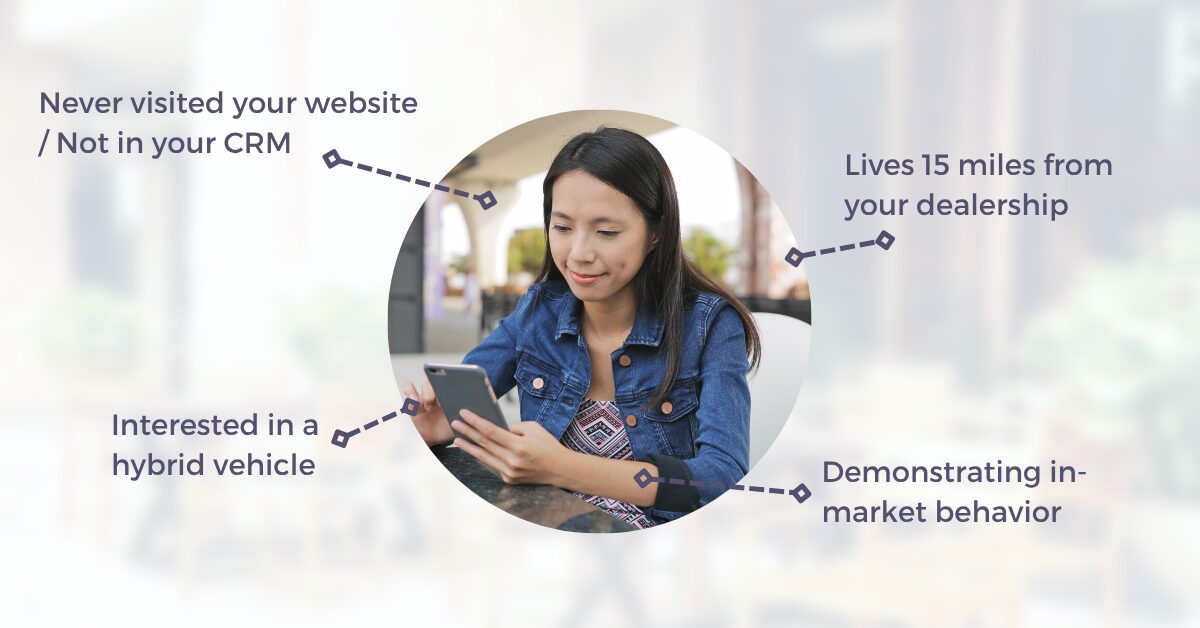
How AI is Revolutionizing Automotive Dealership Marketing
The automotive industry is experiencing unprecedented transformation through AI-powered marketing solutions. AI-enabled dealerships achieve 27% higher showroom appointments and drive a 26% lead-to-sale conversion rate compared to groups not leveraging AI.
Key AI Applications for Automotive Marketing
Predictive Analytics for Inventory Management: AI-powered analytics forecast demand and help dealerships optimize inventory, target marketing campaigns more effectively, and make data-driven decisions. This technology analyzes market trends to predict which vehicles will sell quickly and which might need promotional support.
Automotive Inventory Ads (AIA): Platforms like TikTok and Meta are revolutionizing how dealerships engage with buyers through innovative Automotive Inventory Ads that integrate seamlessly with a dealer’s product catalog, simplifying the process of creating personalized advertisements.
Dynamic Pricing and Personalization: AI algorithms analyze market conditions, competitor pricing, and customer behavior to suggest optimal pricing strategies. This ensures dealerships remain competitive while maximizing profit margins.
AI Strategies for Automotive Customer Journey and Lead Conversion
Creating a seamless, AI-powered customer journey is essential for modern automotive marketing success. Today’s buyers want low-pressure, personalized interactions that fit into their digital-first lifestyles.
Omnichannel Experience Integration
An automotive omnichannel customer experience creates a seamless and consistent journey for car buyers across multiple channels—both online and offline. AI ensures that whether a customer browses your website, visits your dealership, or engages on social media, their experience remains consistent and personalized.
Lead Nurturing and Conversion Optimization
AI transforms lead management by:
- Predictive Lead Scoring: Identifying which prospects are most likely to purchase based on behavioral patterns
- Automated Follow-ups: Dealerships using personalized follow-ups see repeat engagement
- Smart Retargeting: AI analyzes customer interactions to deliver targeted ads that bring them back to complete their purchase
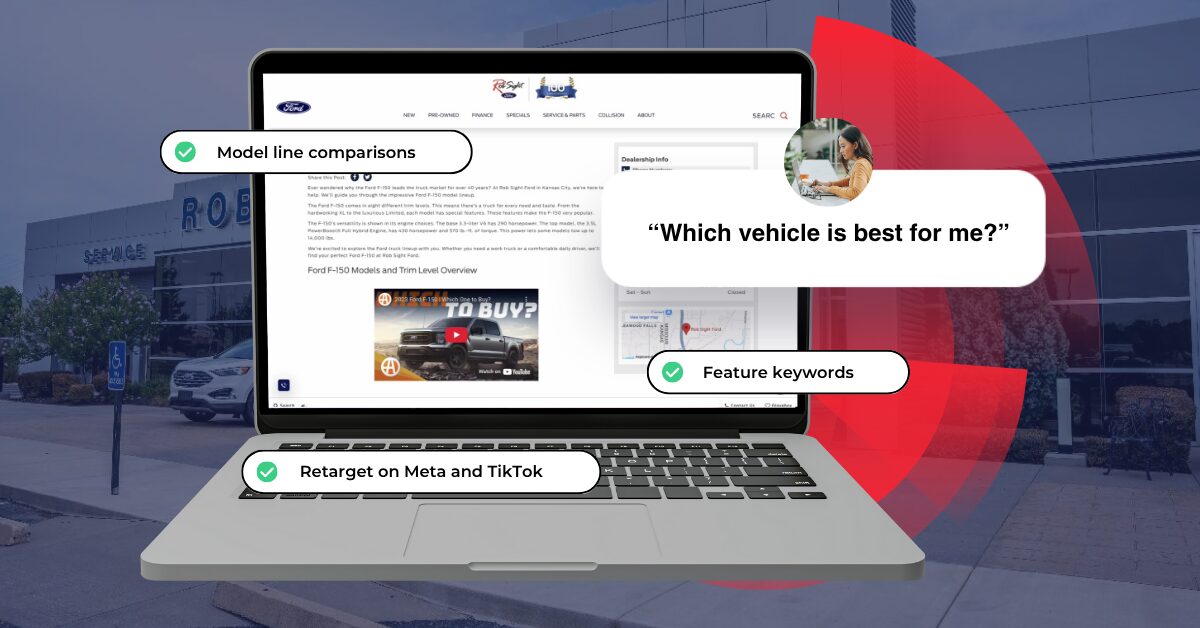
Performance Metrics That Matter
Customers of AI-enabled dealerships showed a 24% increase in repurchase rates, highlighting the value of AI in driving long-term loyalty. Key metrics to track include:
- Digital engagement rates across all touchpoints
- Lead quality scores and conversion rates
- Customer lifetime value improvements
- Service appointment scheduling efficiency
How Do I Start AI Marketing?
Starting your AI marketing journey doesn’t have to be overwhelming. Here’s a practical roadmap:
Step 1: Identify Your Biggest Challenge
Start small with one area that matches your biggest challenge:
- If you struggle with customer engagement, try email automation
- For creating posts, use content generation
- If time management is your concern, focus on social media scheduling
Step 2: Choose Your First AI Tool
Budget worries are normal when exploring new technology. Many AI marketing tools offer free trials or affordable starter plans. Popular starting points include:
- Content Creation: Jasper, Copy.ai, or ChatGPT
- Email Marketing: Automated sequences with personalization features
- Social Media: BuyerBridge.com, Buffer, or Sprout Social with AI features
- Analytics: Google Analytics Intelligence or HubSpot’s AI features
Step 3: Learn and Scale
Your team can learn these systems quickly with basic training. Most platforms provide step-by-step guides and customer support. As you get comfortable with one tool, expand to others.
Step 4: Track and Optimize
Test one AI marketing strategy this week. Track your results and expand what works. Monitor key metrics like:
- Engagement rates
- Conversion improvements
- Time saved on tasks
- ROI on campaigns
Implementation Tips
1) Start with automation basics: Begin with simple tasks like email scheduling or social media posting
2) Maintain quality control: Always review AI-generated content before publishing
3) Keep the human touch: Use AI to enhance, not replace, genuine customer connections
4) Stay updated: AI technology evolves rapidly, so keep learning about new features
The businesses using AI marketing today will lead tomorrow’s market. Companies like Netflix and Amazon already show how powerful these tools can be. Your competitors are likely exploring these options right now.
The future of marketing is here, and it’s designed to help you succeed. By starting small and scaling gradually, you can transform your marketing efforts without overwhelming your team or budget.
FAQ
What is AI marketing and how can it benefit my business?
AI marketing uses artificial intelligence to make your marketing better. It analyzes data, predicts what customers will do, and personalizes content. This leads to more efficient marketing, better targeting, and higher conversion rates.
Can AI help with content marketing and what tools should I use?
Yes, AI makes content marketing better and faster by automating tasks. Tools like Jasper, Copy.ai, and ChatGPT can create content for you. They also help with SEO and scheduling posts. But always check the quality of AI-generated content to ensure it fits your brand’s voice.
How does AI marketing automation work and what can it automate?
AI marketing automation uses machine learning to automate tasks. It can handle email sequences, social media, lead scoring, and more. The system gets better over time, improving your marketing without manual effort. This lets you focus on nurturing leads and retaining customers while AI works 24/7.
What role does AI play in personalized marketing experiences?
AI makes personalized experiences possible by analyzing customer data. It tailors content, product recommendations, and ads to each individual. This improves engagement and conversion rates. AI-powered recommendation engines suggest products based on interests, while dynamic content adapts to preferences, making each experience unique.

